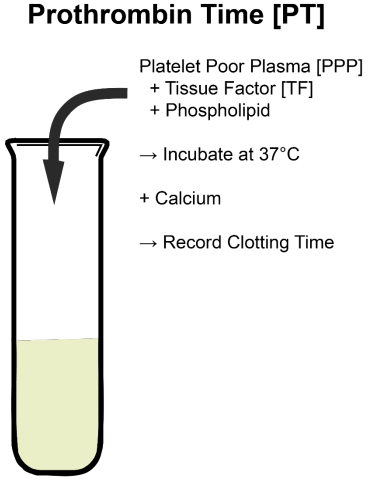A nurse is caring for a client who recently gave birth to her first child. The newborn is crying and the client states, "I can't seem to do anything right. What should I do?" Which of the following responses should the nurse make?
"I'll take him back to the nursery, so you can get some rest."
"Let me show you how to swaddle and cuddle him, then you try."
"Babies need to cry soon after they are born to develop their lungs.
"If I turn him on his side, maybe he'll go back to sleep."
The Correct Answer is B
This response acknowledges the client's concern and offers support and guidance. By demonstrating and encouraging the client to participate in swaddling and cuddling the newborn, the nurse promotes bonding, provides a practical solution for soothing the baby, and empowers the client to actively engage in caring for her child.
Nursing Test Bank
Naxlex Comprehensive Predictor Exams
Related Questions
Correct Answer is D
Explanation
Effective communication with the client is crucial to understand their desires and provide appropriate care. When faced with a language barrier, it is important to use professional interpreter services to ensure accurate and clear communication. By requesting an interpreter, the nurse can obtain a clear understanding of the client's wishes and concerns regarding leaving AMA.
Without clear communication with the client, it is not appropriate to assume that the partner can make decisions on their behalf or sign an AMA form. It is important to directly ascertain the client's wishes.
Discharging the client without understanding their wishes and providing appropriate education or interventions could potentially put the client at risk. It is necessary to have a clear understanding of the client's desires before taking any action.
Asking the partner to reiterate the consequences of leaving AMA to the client: While educating the client and their partner about the consequences of leaving AMA is important, it is not sufficient in this situation. The nurse needs to directly communicate with the client to understand their wishes and concerns.
Correct Answer is D
Explanation
Prothrombin time.
Explanation:
When a client is prescribed warfarin, monitoring the prothrombin time (PT) and the International Normalized Ratio (INR) is crucial. Warfarin is an anticoagulant medication that affects the clotting ability of the blood by inhibiting vitamin K-dependent clotting factors. Monitoring the prothrombin time and INR helps determine the client's blood's ability to clot and the appropriate dosage of warfarin to maintain the desired therapeutic range.
Option a (Triiodothyronine) is a thyroid hormone and is not directly related to warfarin therapy.
Option b (Blood urea nitrogen) is a measure of kidney function and is also not directly related to warfarin therapy.
Option c (Arterial blood gases) is a measure of oxygen and carbon dioxide levels in the blood and is not related to warfarin therapy.

Whether you are a student looking to ace your exams or a practicing nurse seeking to enhance your expertise , our nursing education contents will empower you with the confidence and competence to make a difference in the lives of patients and become a respected leader in the healthcare field.
Visit Naxlex, invest in your future and unlock endless possibilities with our unparalleled nursing education contents today
Report Wrong Answer on the Current Question
Do you disagree with the answer? If yes, what is your expected answer? Explain.
Kindly be descriptive with the issue you are facing.
